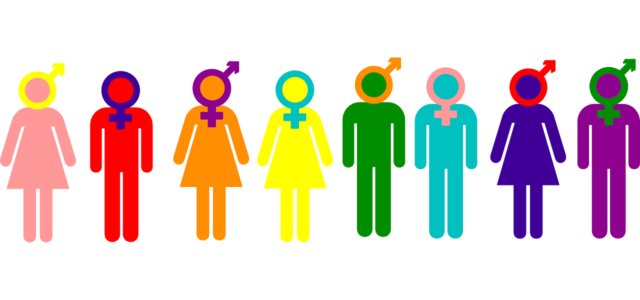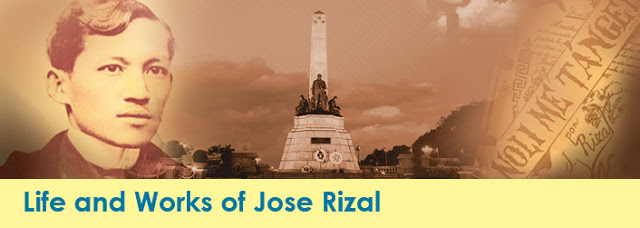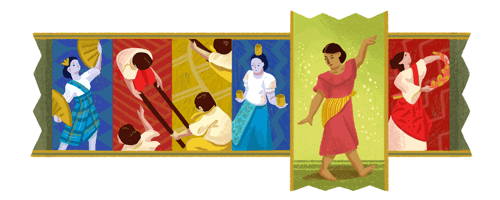
Exposure to and
orientation on the different social welfare/social work settings and contexts:
social work roles and functions in working of different types of client
systems, issues and concerns of social welfare/development agencies.
This course provides students with the knowledge on human behaviour and
social environment, with particular emphasis on the person-in-environment
dynamics, concepts, theories and indigenous perspectives for understanding
Filipino behaviour and culture in relation to social work practice.
Focuses on the Philippine socio-political, economic, cultural,
spiritual, environment and gender (SPECSEG) realities in the context of local,
regional and global situations, and their implications to social welfare and
social work.
As mandated by Republic Act 1425, this course covers the life and works of the country’s national hero, Jose Rizal. Among the topics covered are Rizal’s biography and his writings, particularly the novels Noli Me Tangere and El Filibusterismo, some of his essays, and various correspondences.

The course description is "writing,speaking, and presenting to different audiences and for various purposes". The five skills of communication(listening,speaking,reading,writing and viewing)are studied and simulated in advanced academic settings, such as conversing intelligently on a subject to impart, reporting on group work or assignments, writing minutes of meetings and similar documents, preparing a research or technical paper, and making an audio-visual or web-based presentation.
In the process, the criteria for effective communication exercises in the class as well as for judging communication techniques by public officials,educators,industry leaders,churches,and private individuals. The purpose of these combined activities is to enable students to practice strategies of communication with a clear purpose and audience in mind, guided by the criteria of effective communication and the appropriate language(CHED) 2013.
The National Service Training Program 2 (NSTP 102), complements knowledge learned from NSTP101. It is the application and implementation of NSTP Law, which focuses on participation to community development. While NSTP101 provides the backdraft and theoretical framework of the Program, NSTP102 is the continuation and validation phase. It is designed to equip and empower students with the fundamentals of project identification, planning and implementation in pursuit of contributing to the up-liftment of the general welfare and the quality of life of the people in the community through enhancement, in particular, of the school and community facilities.

Deskripsyon ng Kurso:
sumasaklaw sa masusing pag-aaral sa masining, mabisa at matatas na paggamit ng wikang Filipino na pinakainstrumento sa pagpapahayag. Sumasaklaw ito sa maangkop at masining na pagpili ng mga salitang gagamitin ayon sa dalawang anyo ng pagpapahayag: pagsasalaysay, paglalarawan, paglalahad at pangangatwiran. Lilinagin dito ang kakayahan at kahusayang pangkomunikatibo ng mga mag-aaral sa pagdidiskursong pasulat man at/o pasalita.
This course discusses dancing as a form of physical activity. It will let you experience how dancing can become an effective way to maintain an active life for fitness and lifelong health. This course on dance will also introduce to you the different dances in the Philippines so that you may learn to appreciate them as indelible parts of Philippines culture. It will also teach you the rhythmical movements patterns involved in dance.
Specifically, this unit is all about Phases of Dance program and Festival Dance. It hoped that after learning about these types of dances, you will be able to choose a dance that will find your personal need and interest for your own physical fitness.
The unit start with an introduction on physical fitness and nutrition to prepare you for the dancing and related physical activities that you will engage in for entire school year. Then you will be introduced to traditional and modern dances as well as festival dance in recreational or competitive forms.
